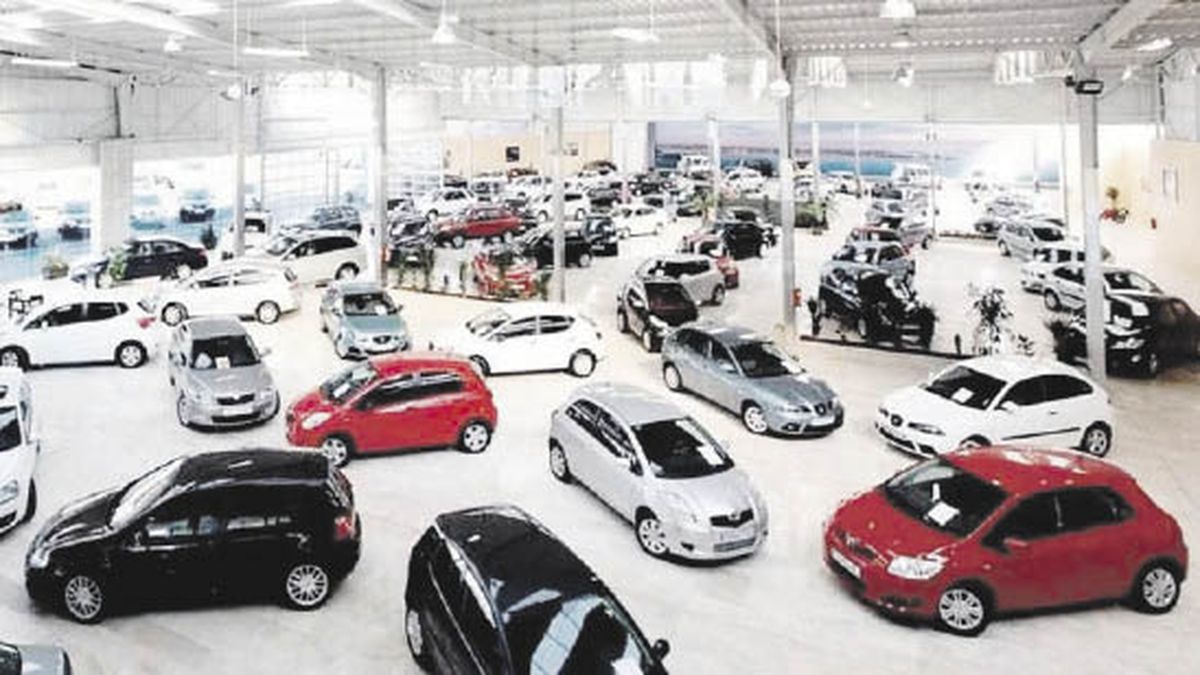That is the request made to the new economic team since, if the current conditions are maintained, the viability of the companies is at stake.
“The reality is that throughout the year we were authorized to import very few vehicles that do not cover fixed costs. We were already coming from a bad 2021 in that sense. The business is not sustained for another year like this and, even less so, for another period with this model. If the situation does not change, there will be no other choice but to close.
The market is shared between car manufacturers, grouped in ADEFA, and importers from Cidoa. The latter represent today 1.5% of the market, but reached a peak of more than 5% a few years ago. About 20 brands operate within that strip which, although they represent foreign automakers, are generally national businessmen.
Part of these companies are those that are demanding the release of the dollar to import in order to bring the number of units they need to cover the demand. At least three firms have already raised their proposal formally or informally, as Ámbito was able to verify. These are exclusive brands. Others prefer to continue operating under the current regime, since they do not want to validate an exchange difference while the ADEFA terminals import the official dollar.
The argument that the companies maintain is that, in this way, they would relieve the State of the burden of having to supply dollars for this type of goods that are aimed at a public with high purchasing power.
In theory, this exchange rate split would imply importing at a more expensive dollar with the logical impact on the final price. However, given the lack of units, the 0 km of this segment are already sold at dollar bills, so consumers of these vehicles will continue to pay the same value.
“The profitability that we have today measured per unit is very high, but you can’t sustain stores, employees, services if I can only sell 10% or 20% of what I need. More volume is required even if you earn less per car. In addition, it would provide predictability and not like now that we do not know if we are going to be able to import a car and when they are going to release it from Customs, ”they explained to Ámbito from one of the companies involved.
The other fact to take into account is that the State would increase its collection by selling more units. In this type of vehicle, the value of the unit represents a third of the list price. The rest is mainly taxes and the seller’s margin.
Source: Ambito
David William is a talented author who has made a name for himself in the world of writing. He is a professional author who writes on a wide range of topics, from general interest to opinion news. David is currently working as a writer at 24 hours worlds where he brings his unique perspective and in-depth research to his articles, making them both informative and engaging.




